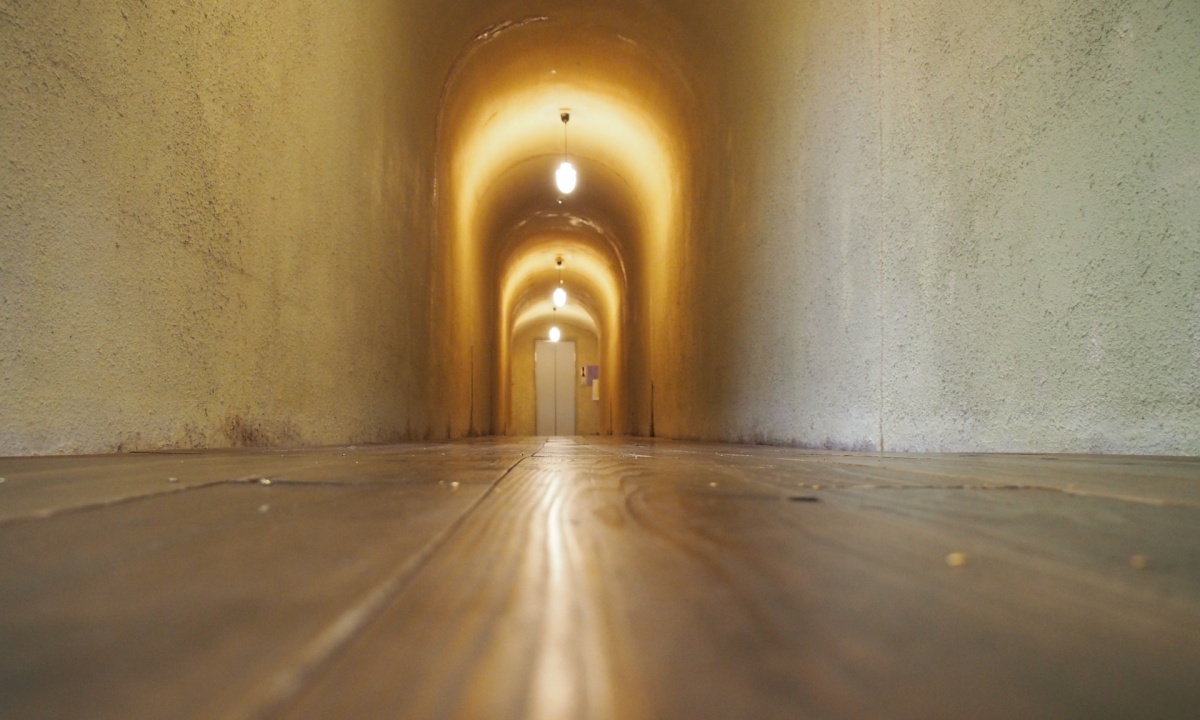The Real Spirited Away Onsen
Remember the red bridge and layered, rising walls of Yubaba’s hot spring hotel in Spirited Away? They’re actually based on the Sekizenkan Ryokan in northwestern Gunma Prefecture.
By Michael KanertThe 40,000 Hot Spring
https://www.youtube.com/watch?v=utQTDYJHkpU
This traditional Japanese-style inn sits in the middle of Shima Onsen, a town with more than 40 different hot spring sources. The town’s name (四万温泉) even means “The 40,000 Hot Spring,” since it was once believed that bathing in the local waters could cure 40,000 different diseases. The Shima hot spring area is said to be the first in Japan to be designated as a hot spring health resort.
Japan’s Oldest Onsen Hotel
http://www.sekizenkan.co.jp/
The main building, or honkan, at Sekizenkan was built in 1691, making this the oldest existing onsen hotel in Japan.
There are actually three hotel buildings of varying ages making up Sekizenkan, with the honkan connected to the secondary Sanso Building (built 1936) via an eerie tunnel that inspired the connection between the human and spirit worlds in Spirited Away.
The third building, the Kashotei (built 1986), stands in the midst of spectacular scenery on a forested hilltop. While you can get your meals served to your room by a nakai (traditional waitress), river dragon bellhop services remain unavailable.
Roman Baths?
http://www.sekizenkan.co.jp/spa.html
The baths themselves look nothing like Yubaba’s domain: Built in 1930, the primary Genroku no Yu bath house was ironically designed to look not Japanese but Roman, with high white ceilings, tiled floors and large arched windows. A spacious, more traditional outdoor bath and a fairly Spartan, private indoor bath are also available. Murky river gods need not apply.
The main building, Sanso Building and Genroku no Yu baths have all been designated important cultural properties.
Tunnel to Another World

http://www.photo-ac.com/main/detail/187840?title=%E5%8D%83%E3%81%A8%E5%8D%83%E5%B0%8B%E3%81%AE%E7%A5%9E%E9%9A%A0%E3%81%97%E3%81%AE%E3%83%A2%E3%83%87%E3%83%AB%E3%81%AB%E3%81%AA%E3%81%A3%E3%81%9F%E3%81%A8%E8%A8%80%E3%82%8F%E3%82%8C%E3%81%A6%E3%81%84%E3%82%8
Rather than shy away from the similarities, the staff gladly offer a Spirited Away walk-through tour, as well as a historical tour highlighting traditional architecture, Edo Period travel documents and rooms that were used by high-ranking guests in the old days.
While you don’t need to hold your breath as you walk the bridge, you may have to wait if there’s a car coming the other way.



